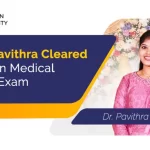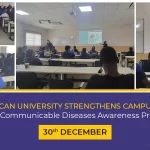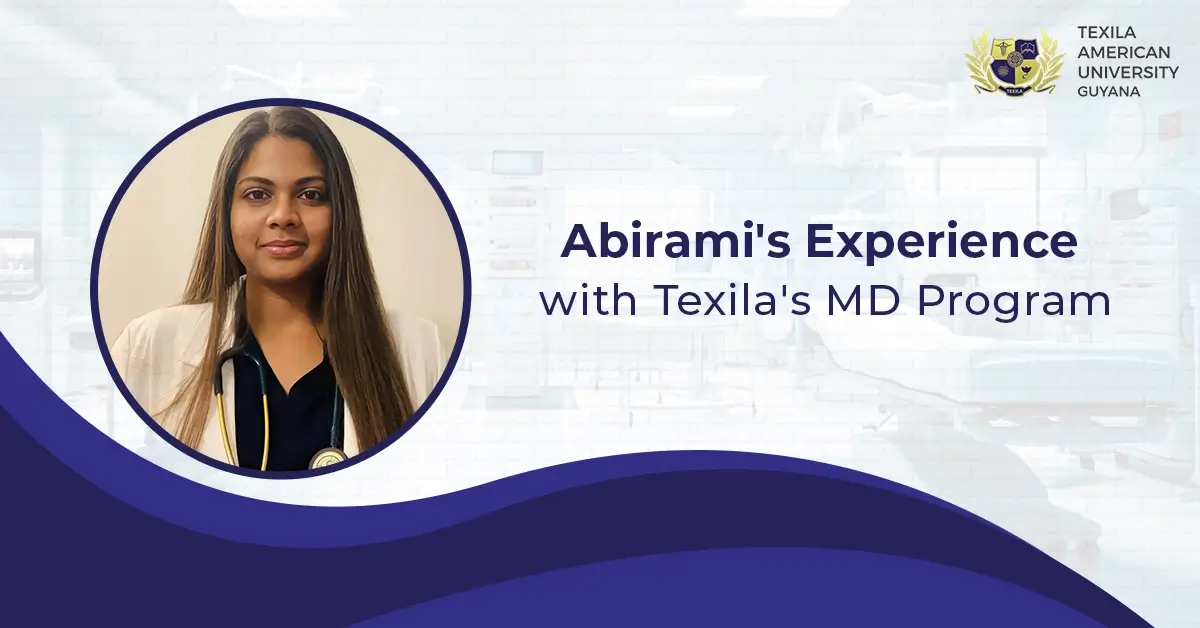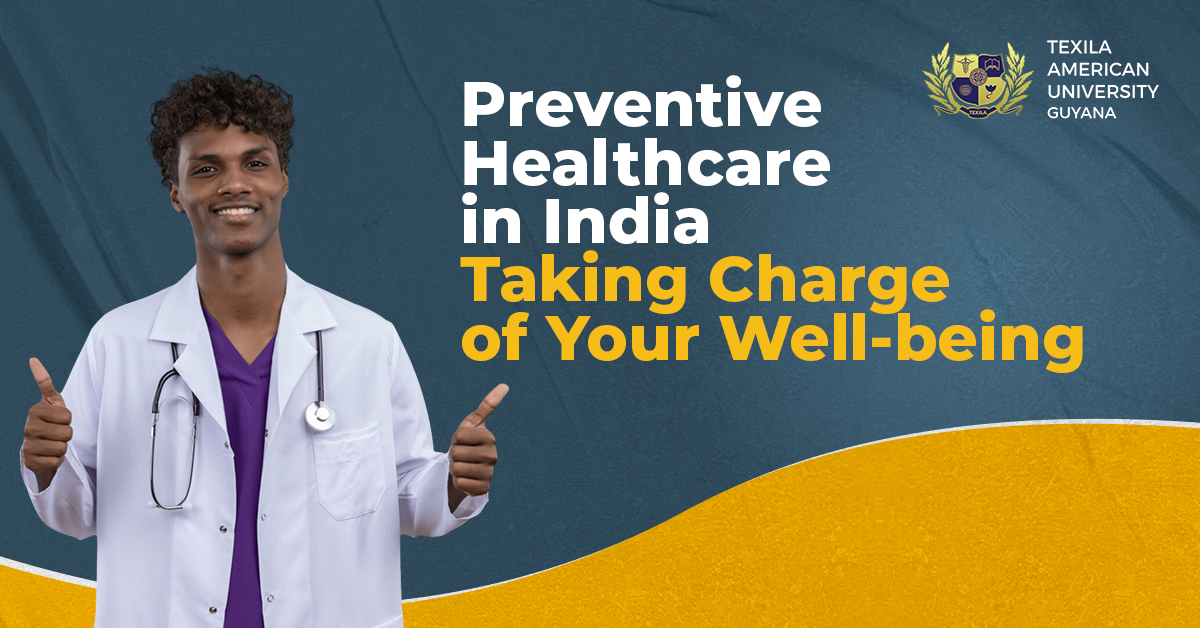Becoming a doctor involves dedication, empathy, and lifelong learning. This guide outlines seven vital steps for aspiring doctors. It begins with understanding the passion for medicine and preparing academically, followed by navigating the application process for medical school. Choosing the right institution involves considering factors like curriculum and faculty. Success in medical school requires effective study habits and a healthy work-life balance. Clinical rotations and residency provide practical experience and further training in chosen specialities. Continuing education ensures doctors stay updated with medical advancements. Ultimately, doctors serve their communities, positively impacting individuals’ lives through compassionate care and medical expertise.
Becoming a doctor is a dream for many individuals, and for those aspiring to pursue this noble profession, it’s essential to understand the journey ahead. From preparing academically to navigating the complexities of medical school applications and beyond, here are seven vital steps to guide you on your path to becoming a doctor.
Introduction: The Dream of Becoming a Doctor
The desire to become a doctor often stems from a passion for helping others and making a difference in the world. It’s a profession that requires dedication, empathy, and a commitment to lifelong learning. As an aspiring doctor, you can contribute to your community’s health and well-being.
Preparing Academically
Laying a solid academic foundation is crucial before embarking on your Doctor of Medicine career. This involves excelling in biology, chemistry, and physics during high school. Additionally, pursuing extracurricular activities related to healthcare or community service can strengthen your application to medical school.
Navigating the Medical School Application Process
Applying to medical school can be daunting, but careful planning and preparation can increase your chances of success. This includes completing prerequisite courses, preparing for standardized tests like the National Senior Certificate (NSC) or the Health Professions Admission Test (HPAT), and gathering solid letters of recommendation.
Choosing the Right Medical School
- Factors to Consider: When selecting a medical school, consider factors such as location, curriculum, faculty, facilities, and opportunities for clinical experience. You should also assess each school’s reputation and accreditation status to ensure that you receive a quality education.
- Application Tips: Crafting a compelling application requires attention to detail and authenticity. Be sure to highlight your academic achievements, relevant experiences, and personal qualities that make you a well-rounded candidate. Additionally, tailor your application essays to each school’s requirements and values.
Succeeding in Medical School
- Study Strategies: Medical school is rigorous and demanding, so effective study habits are essential for success. This may include creating a study schedule, utilizing resources such as textbooks and online lectures, participating in study groups, and seeking assistance from professors or tutors when needed.
- Balancing Academic and Personal Life : Maintaining a healthy work-life balance prevents burnout and preserves your well-being throughout medical school. Find ways to prioritize self-care, such as exercise, relaxation techniques, hobbies, and spending time with loved ones.
Clinical Rotations and Residency
- Gaining Practical Experience : Clinical rotations provide invaluable hands-on experience in various medical specialities, allowing you to apply theoretical knowledge in real-world settings. Take advantage of these opportunities to learn from seasoned healthcare professionals, hone your clinical skills, and explore different areas of the MD Program.
- Applying for Residency Programs: As you near the end of medical school, you’ll need to apply for residency programs to further your training in your chosen speciality. Be prepared to submit a well-crafted residency application, including your curriculum vitae, personal statement, letters of recommendation, and transcripts.
Specialization and Continuing Education
- Exploring Specialties: Studying medicine bachelor’s degree offers many metiers, from primary care to surgical subspecialties and beyond. Explore different fields through electives, shadowing experiences, and mentorship opportunities to find the speciality that aligns with your interests, skills, and values.
- Continuing Professional Development: Becoming a doctor doesn’t end with medical school and residency. Continuing education is essential for staying abreast of advancements in medicine, refining your clinical skills, and maintaining professional licensure. This may involve attending conferences, completing continuing medical education (CME) courses, and pursuing board certification in your speciality.
Making a Difference as a Doctor
- Serving Communities: As a doctor, you have the privilege and responsibility to serve your community by providing compassionate, evidence-based care to patients from all walks of life. Whether you work in a private practice, hospital, or public health setting, your contributions can profoundly impact the health and well-being of individuals and communities.
- Impacting Lives: Beyond the clinical aspects of a doctor of medicine degree, being a doctor allows you to forge meaningful connections with patients and their families, offering support, guidance, and hope during times of illness and uncertainty. Your empathy, communication skills, and bedside manner are as essential as your medical expertise in making a positive difference in the lives of others.
Conclusion
In conclusion, embarking on the journey to become a doctor is challenging yet rewarding. By following these seven vital steps, aspiring doctors can navigate the path to medical school and beyond with confidence, determination, and a commitment to excellence in patient care. From laying a solid academic foundation to gaining practical experience through clinical rotations and residency, each step plays a crucial role in shaping future healthcare professionals. As doctors, individuals have the privilege and responsibility to serve their communities, make a meaningful difference in patients’ lives, and contribute to advancing healthcare worldwide. With dedication, perseverance, and a passion for healing, aspiring doctors can fulfil their dream of practising medicine and positively impacting the lives of others.
FAQs
How long does it typically take to become a doctor?
Becoming a doctor typically involves completing a bachelor’s degree, medical school, and residency training, depending on the speciality chosen. This timeline may vary slightly depending on the country and specific educational requirements.
What are the prerequisites for medical school?
Prerequisites for medical school often include a solid academic background in biology, chemistry, physics, and mathematics and completion of standardized tests. These requirements can vary from country to country and even between different medical schools within the same country.
How competitive are medical school admissions?
Medical school admissions can be highly competitive worldwide, with a limited number of seats available and a large pool of qualified applicants. Strong academic performance, extracurricular activities, relevant experience, and a compelling personal statement are essential for admissions.
What are the benefits of pursuing a career in medicine?
Pursuing a career in medicine offers the opportunity to make a meaningful difference in the lives of individuals and communities, contribute to the advancement of healthcare, and enjoy a fulfilling and respected profession with diverse career opportunities. These benefits are universal, regardless of the country where one practices medicine.
How can aspiring doctors finance their education?
Aspiring doctors may explore various options to finance their education, including scholarships, bursaries, student loans, and government-sponsored programs. To mitigate the financial burden of medical education, it’s essential for aspiring doctors to research and apply for financial aid opportunities early in the application process.












